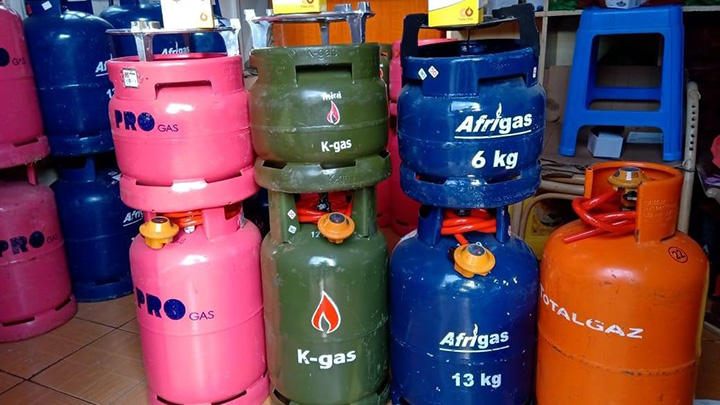The Energy and Petroleum Regulatory Authority (EPRA) has unveiled plans to implement more stringent regulations for new LPG brands, aimed at bolstering consumer safety across the nation.
This decisive move comes in response to growing concerns over illegal refilling practices and the associated risks.
Edward Kinyua, EPRA’s Petroleum and Gas Director, underscored the critical importance of these enhanced regulations.
"We are committed to ensuring that consumers are fully protected to avert accidents. Illegal refilling is a big challenge that we are working on," Kinyua remarked.
He emphasised that robust regulations are essential to safeguarding consumers and averting potential tragedies.
Read More
The proposed regulations will involve a rigorous vetting process for new LPG brands seeking market entry.
This measure is intended to ensure that only companies meeting stringent safety and quality criteria are allowed to operate, thereby mitigating the risks posed by substandard products and unauthorised activities.
In addition to regulating new entrants, EPRA aims to control the distribution of LPG accessories, including banners, hose pipes, and gas regulators.
Kinyua highlighted that many LPG-related accidents in the country are attributed not to substandard cylinders but to counterfeit accessories.
By enforcing standards on these accessories, EPRA hopes to further enhance consumer safety.
The announcement follows a series of incidents linked to illegal LPG refilling and substandard gas cylinders, which have led to significant property damage and loss of life.
A notable incident occurred in February, when a gas explosion in Nairobi’s Mradi village resulted in multiple fatalities and injuries to over 200 individuals.
EPRA’s proactive stance reflects its dedication to maintaining high safety standards in the LPG sector and ensuring that only authorised entities engage in the business.
The authority’s efforts aim to protect consumers and prevent future incidents, reinforcing the importance of adherence to safety and quality standards in the industry.












